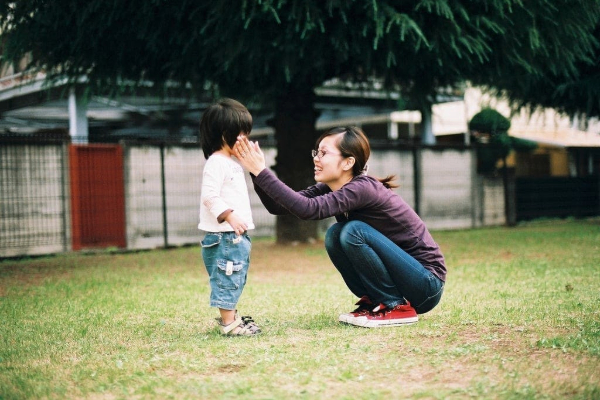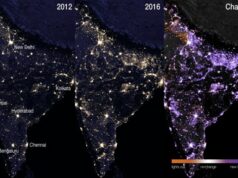The number of babies born in Japan fell for the eight year in a row in 2023, Kyodo News Agency reported.
The number of births fell to 758,631, down 5.1% from a year earlier, while the number of marriages was also down 5.9% to 489,281 – the first time in 90 years, the number fell below 5 lakh.
The government official said that it was considering taking “unprecedented steps” to cope with the declining birthrate.
“The declining birthrate is in a critical situation. The next six years or so until 2030, when the number of young people will rapidly decline, will be the last chance to reverse the trend,” chief cabinet secretary Yoshimasa Hayashi said.
Recently, Japanese PM Fumio Kishida termed the recent decrease in birth rate as the “gravest crisis” the country faced.
The Population Crisis
Japan’s population is likely to decrease by about 30% to 87 million by 2070, with four out of every 10 people aged 65 or older, according to reports.
Japan is the fourth-largest economy in the world, but high living costs, slow wage rise are forcing couples to reconsider having children.
About 40% of Japanese are part-time or contract workers and critics say that the government over the years has not been able to make the society more inclusive for children, women and minorities.
Japanese society is generally considered conservative it supports traditional family values and gender roles. Unmarried women and those without children tend to be less respected
In 2013, the then-Japanese PM Shinzo Abe promised to integrate women into the workforce and propel them to high-paying jobs, but the policy did little to solve the economic problems. Though women’s employment has risen, most of the employment is in part-time jobs or contract work.
Among the G7 countries, Japan has the widest gender wage gap where women earn about 75% as much as men for full-time work.
This phenomenon is prevalent in other countries including Russia who are actively asking couples to have more kids.
In a career spanning three decades and counting, Ramananda (Ram to his friends) has been the foreign editor of The Telegraph, Outlook Magazine and the New Indian Express. He helped set up rediff.com’s editorial operations in San Jose and New York, helmed sify.com, and was the founder editor of India.com.
His work has featured in national and international publications like the Al Jazeera Centre for Studies, Global Times and Ashahi Shimbun. But his one constant over all these years, he says, has been the attempt to understand rising India’s place in the world.
He can rustle up a mean salad, his oil-less pepper chicken is to die for, and all it takes is some beer and rhythm and blues to rock his soul.
Talk to him about foreign and strategic affairs, media, South Asia, China, and of course India.





